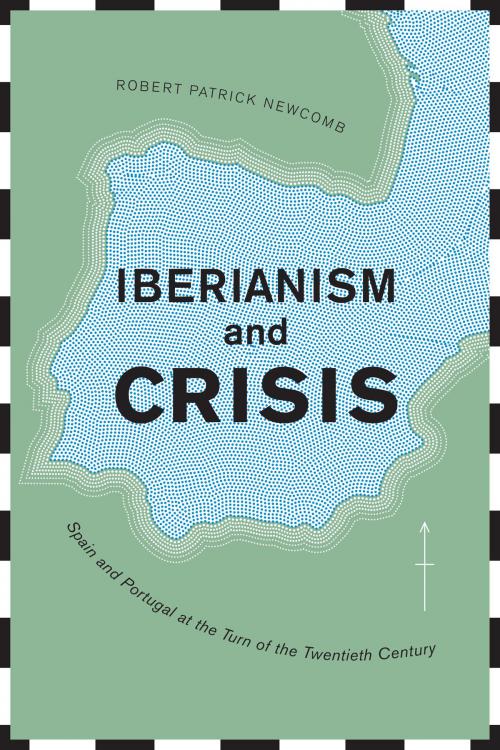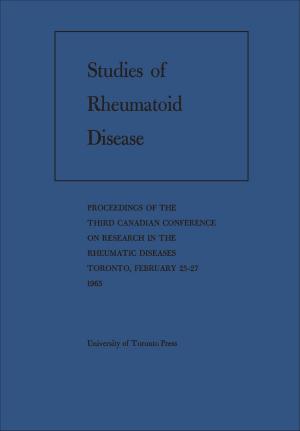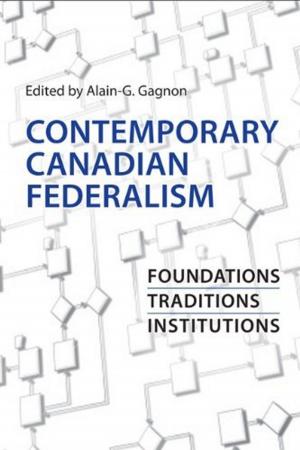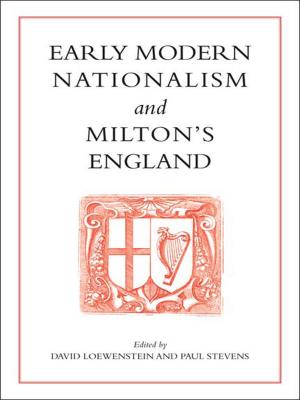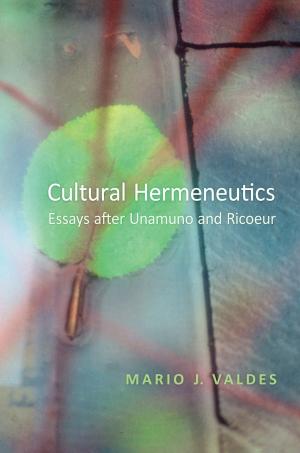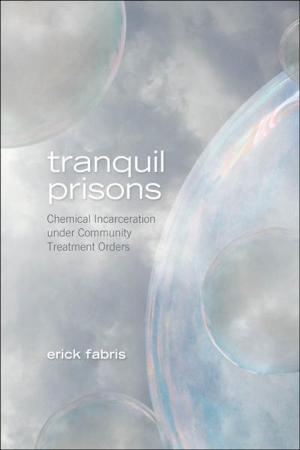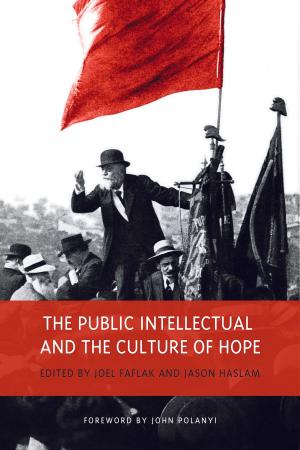Iberianism and Crisis
Spain and Portugal at the Turn of the Twentieth Century
Fiction & Literature, Literary Theory & Criticism, European, Spanish & Portuguese, Nonfiction, History, Spain & Portugal| Author: | Robert Patrick Newcomb | ISBN: | 9781487516345 |
| Publisher: | University of Toronto Press, Scholarly Publishing Division | Publication: | August 8, 2018 |
| Imprint: | Language: | English |
| Author: | Robert Patrick Newcomb |
| ISBN: | 9781487516345 |
| Publisher: | University of Toronto Press, Scholarly Publishing Division |
| Publication: | August 8, 2018 |
| Imprint: | |
| Language: | English |
"Iberianism" refers to a minority intellectual current which emerged in Spain and Portugal during the mid-nineteenth century and developed in step with the Iberian Peninsula’s successive crises. Iberianism sought to upend the peninsula’s political and intellectual status quo by advocating closer ties between the two peninsular kingdoms, and more equitable relations between the Spanish state’s constituent regions, including Castile, Catalonia, Basque Country, and Galicia.
Robert Patrick Newcomb’s Iberianism and Crisis examines how prominent peninsular essay writers and public intellectuals, active around the turn of the twentieth century, looked to Iberianism to address a succession of political, economic, and social crises that shook the Spanish and Portuguese states to their foundations. Bringing into dialogue prominent fin-de-siècle peninsular literary intellectuals, including Joan Maragall, Oliveira Martins, Emilia Pardo Bazán, Antero de Quental, and Miguel de Unamuno, Newcomb engages in a comparative analysis of textual sources across national and regional borders, languages, and literary canons.
"Iberianism" refers to a minority intellectual current which emerged in Spain and Portugal during the mid-nineteenth century and developed in step with the Iberian Peninsula’s successive crises. Iberianism sought to upend the peninsula’s political and intellectual status quo by advocating closer ties between the two peninsular kingdoms, and more equitable relations between the Spanish state’s constituent regions, including Castile, Catalonia, Basque Country, and Galicia.
Robert Patrick Newcomb’s Iberianism and Crisis examines how prominent peninsular essay writers and public intellectuals, active around the turn of the twentieth century, looked to Iberianism to address a succession of political, economic, and social crises that shook the Spanish and Portuguese states to their foundations. Bringing into dialogue prominent fin-de-siècle peninsular literary intellectuals, including Joan Maragall, Oliveira Martins, Emilia Pardo Bazán, Antero de Quental, and Miguel de Unamuno, Newcomb engages in a comparative analysis of textual sources across national and regional borders, languages, and literary canons.
